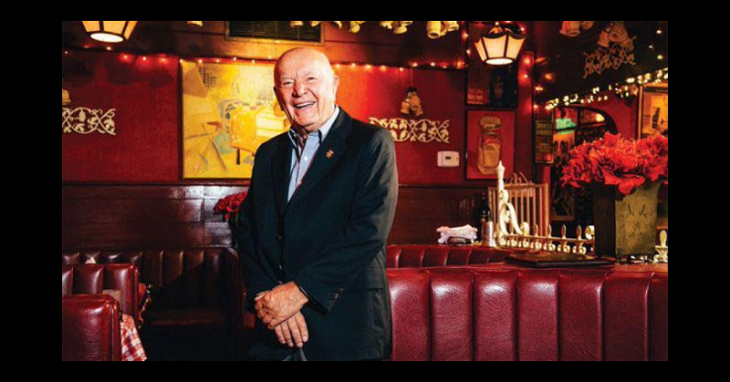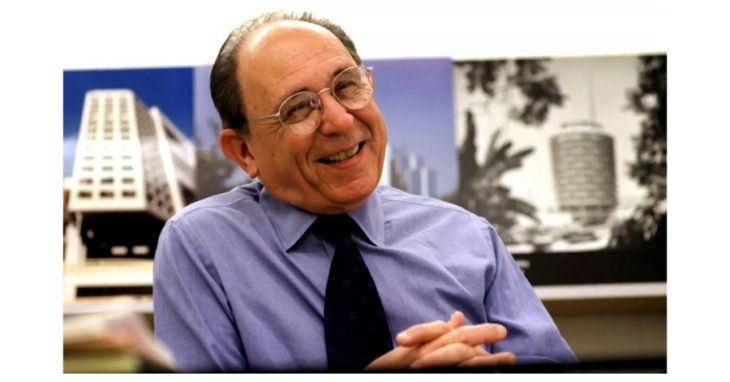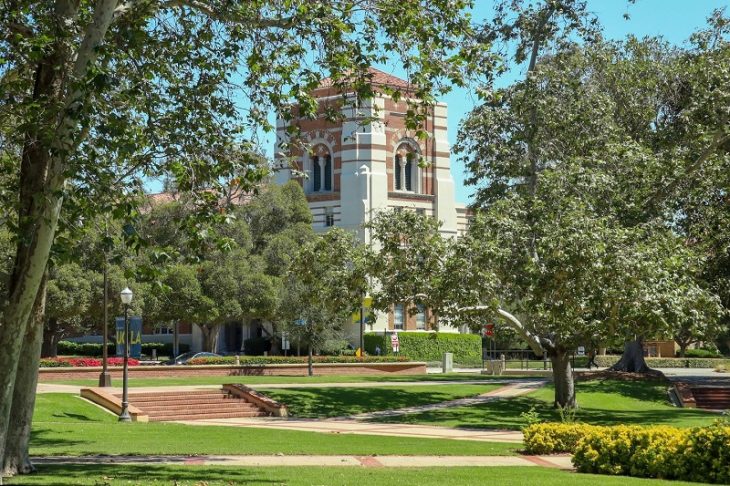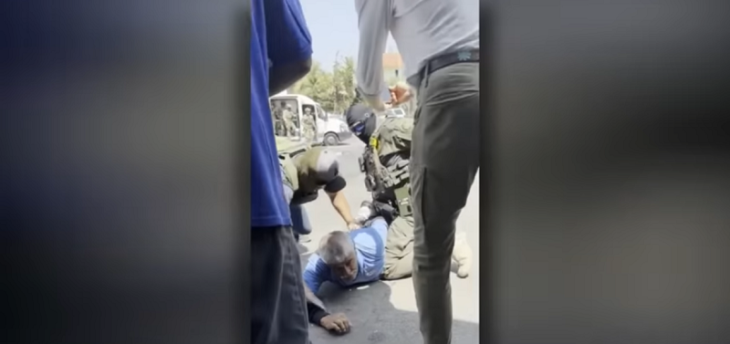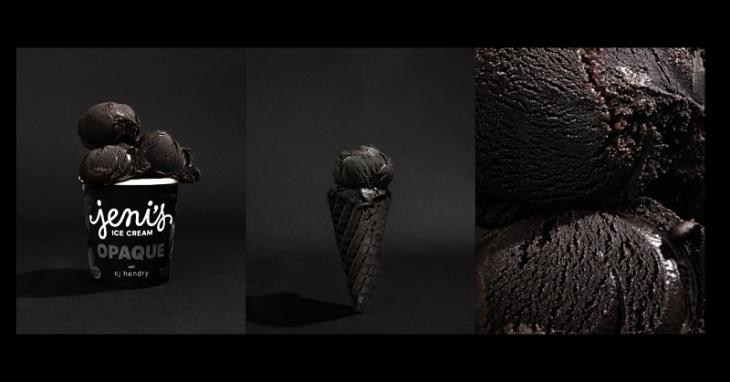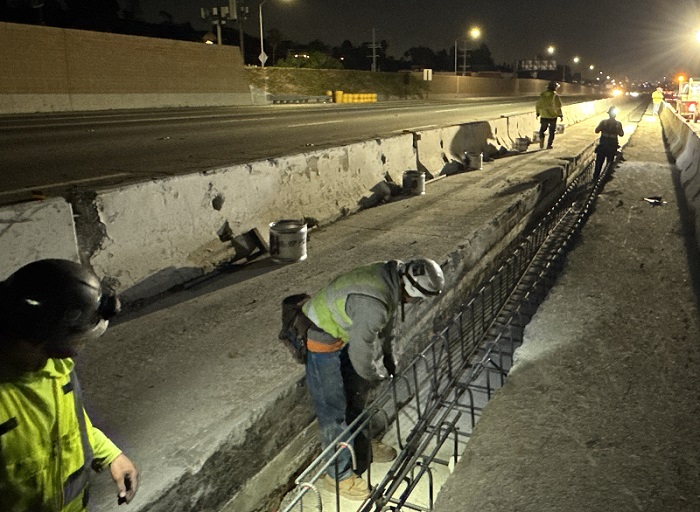UCLA researchers are seeking participants for an innovative study examining the impact of COVID-19 on survivors who continue battling health issues long after they were infected and thought to have recovered, known informally as “long COVID” and “longhaulers.”
The nationwide study will remotely track online nearly 5,000 adults for up to two years, with the researchers looking closely at COVID-19 survivors’ reported and medically documented physical and mental function, including neurocognitive function and chronic fatigue.
“In this study, we are asking eligible individuals to share their health information so that researchers and doctors can better understand and improve the long-term clinical care for patients with ongoing health issues post COVID-19 infection,” said Dr. Joann Elmore, professor of medicine in the division of general internal medicine and health services research at the David Geffen School of Medicine at UCLA and principal investigator at the UCLA site.
The study will be conducted in English and Spanish under the umbrella of INSPIRE (Innovative Support for Patients with SARS COV-2 Infections Registry), a Centers for Disease Control and Prevention-funded project, and led by Rush University Medical Center in Chicago. Other participating medical centers include University of California San Francisco, the University of Washington, Yale New Haven Health, the University of Texas Houston, the University of Texas Southwestern and Thomas Jefferson University in Philadelphia.
Nationally, researchers hope to recruit 3,600 individuals who test positive for COVID-19 and another 1,200 individuals who test negative as a comparison. The study will gather information entirely online through short, ongoing surveys and will not require participants to see a doctor. Screening and enrollment will be available through the UCLA study website, which will direct participants to a health data system portal that leverages individuals’ legal right to access their own health information and collects health data on their behalf. This study design will allow large-scale data gathering at the participant’s own convenience while maintaining the highest degree of confidentiality and security.
Individuals who are interested in participating in the study must meet the following criteria:
- Be age 18 and older
- Have symptoms known to be associated with COVID-19
- Have been tested for COVID-19 within the previous 28 days, regardless of test result, and have not had a prior COVID-19 diagnosis
- Have access to an internet connected device such as a smart phone, tablet, or computer to complete online surveys
The researchers are also collaborating with patients who have had COVID-19 as part of the study’s Patient and Stakeholder Committee, to ensure that the research is informed by community experience and sensitive to their unique needs and concerns.
Longhaulers such as Ruben Salazar, 43, who was infected in June, had experienced a range of symptoms – headaches, fever, cough, loss of senses of smell and taste, body aches, difficulty breathing, and nightmares. He spent 10 days at Ronald Reagan UCLA Medical Center — six of those in the intensive care unit, including four days in a medically induced coma and on a ventilator.
Salazar has since continued to experience fatigue and lightheadedness simply walking or going up a flight of stairs. His memory isn’t as sharp as it used to be and sometimes his mind wanders. “It’s kind of like a brain fog,” he said.
Salazar hopes that research like the INSPIRE study will help other longhaulers as well as medical providers understand what patients are going through and perhaps lead to some physical and mental relief.
“I hope it gives answers to questions that people need answers to,” Salazar said. “If I have issues, I hope they have answers for it.”
COVID-19 continues to affect health and lives worldwide, causing more than 2 million deaths and 97 million infections globally so far, including more than 400,000 fatalities and 24 million infections in the United States alone. While the COVID-19 pandemic has quickly become one of the most studied health and economic crises in human history, the long-term effects on the health of COVID-19 survivors may still take years to understand completely.
“The Los Angeles community has an extraordinary opportunity to easily help researchers during the pandemic,” said Raul Moreno, coordinator of the UCLA/Los Angeles area study. “Participants enrolling in this study will be contributing valuable insight for the future care and long-term understanding of people whose health has been affected by COVID-19.”

